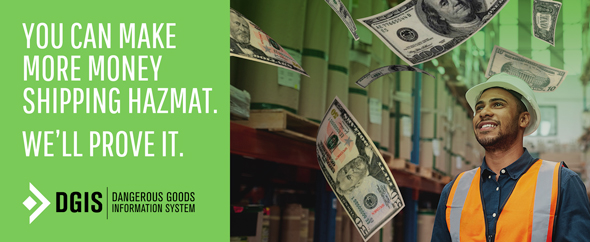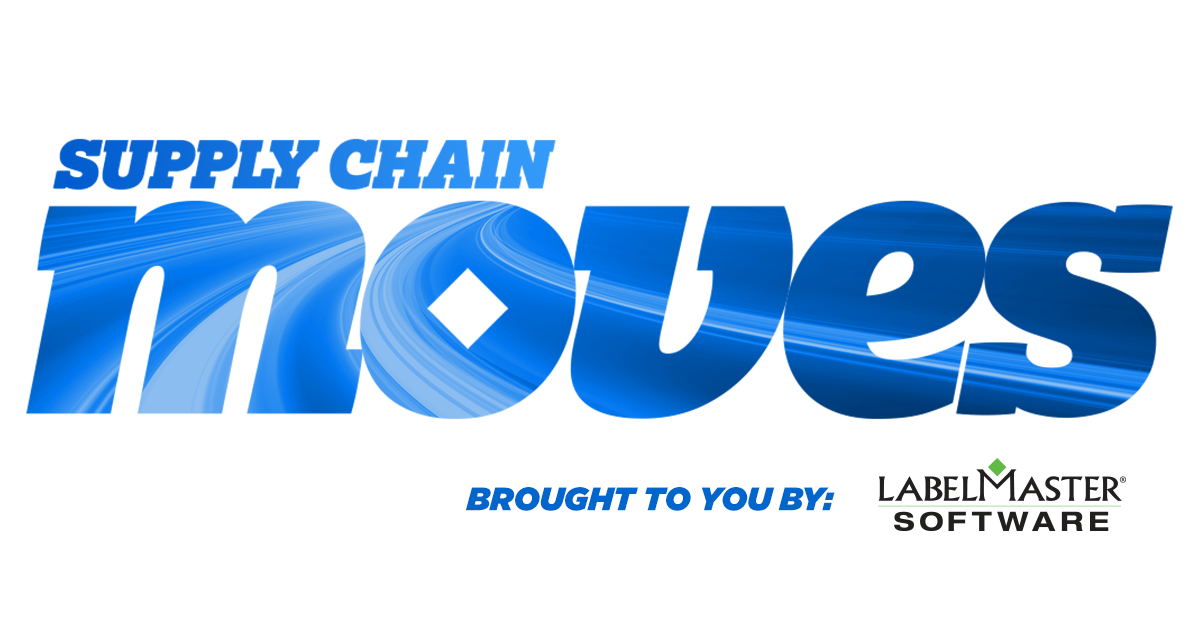

Week of October 18th, 2021
Linking supply chain news with dangerous goods compliance
The supply chain crisis continues to be a major problem for businesses and consumers around the world…and that doesn’t appear to be changing anytime soon.
Let’s examine some recent industry news.
SUPPLY CHAIN NEWS
- Supply Chain Chaos is Already Hitting Global Growth. And it’s About to Get Worse: Thanks to the rollout of coronavirus vaccines, the global economy is slowly starting to emerge from the pandemic. But Covid-19 has left one very destructive economic issue in its wake: disruption to global supply chains.
- ‘More Ships Than Parking Spots’: What a Stuck Supply Chain Looks Like: The supply chain is backed up and affecting businesses all the way down to the consumer. CNN’s Kyung Lah rides with a US Coast Guard helicopter over the cargo ship bottleneck trying to get into ports along the California coast.
- ‘It’s Not Sustainable’: What America’s Port Crisis Looks Like Up Close: An enduring traffic jam at the Port of Savannah reveals why the chaos in global shipping is likely to persist.
- White House Announces New Steps to Tackle U.S. Supply Chain Crisis: The Biden administration announced a series of new steps that will be taken by companies and organizations in the private and public sectors to help address the continuing supply chain crisis.
- Fixing Supply Chain Won’t Be Easy, Experts Say: Fixing the broken supply chain will take time and patience, substantial amounts of money, imagination by key leaders in the transportation and logistics industry, and significant policy changes.
- Food Supply Chain Fragility: What Can Be Done?: Events over the past 18 months have shown how fragile our global food system is. But what can be done?
OUR PERSPECTIVE
- Plan for disruptions and delays. The risk of shipping delays is greater than ever, whether goods are sitting in a warehouse, in a shipping container or trailer, or before the order fulfillment process even begins. When shipping goods, especially perishables and other temperature-controlled goods, it’s even more critical to plan for delays due to the number of potential supply chain disruptions that are likely in today’s environment, and the risk of goods being ruined. The ability to adapt or withstand delays will impact how you select packaging, cooling solutions and carriers.
- Data transparency is critical. All goods have requirements that will impact how goods are packaged, stored and shipped. Having access to critical data that impacts supply chain operations, whether it’s shipping restrictions for hazmat, temperature ranges (in both the warehouses and in transit) or how long it can be at ambient temperatures before it is ruined, is a necessity. But don’t just keep that information to yourself and assume others have access to it as well. It needs to be clearly communicated to other divisions within your company along with your supply chain partners.
- Don’t let compliance issues add further delays. Businesses are already experiencing delays due to port congestion, the driver shortage, high shipping volumes and much more, so the last thing you want is further delays due to compliance-related issues. Now is the time to address any compliance gaps within your operations – whether it’s outdated training programs, reliance on manual processes or simply being unaware of what regulations must be followed – or you risk further unwanted delays, inefficiencies and costs.
To learn more about dangerous goods software or how to establish a safer, more compliant supply chain, visit https://www.labelmaster.com.
Have questions about dangerous goods transport? Call the Labelmaster Regulatory Hotline at 1.800.621.5808.

As the industry’s most robust, flexible, and advanced hazmat shipping software, Labelmaster’s DGIS can actually help your operation make more money. DGIS validates shipments and prepares DG declarations so quickly, you can handle more shipments every hour. And more shipments mean more revenue.
Try your own numbers in our calculator to see the added revenue DGIS can generate for you.

